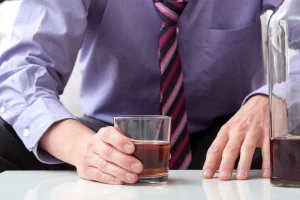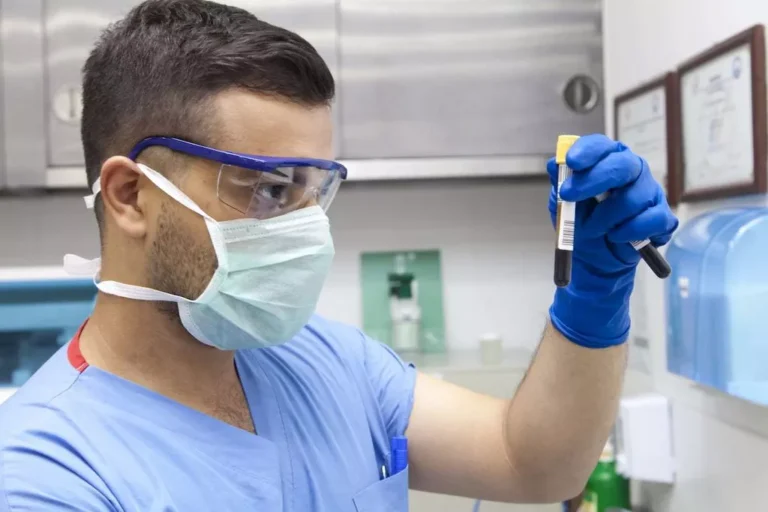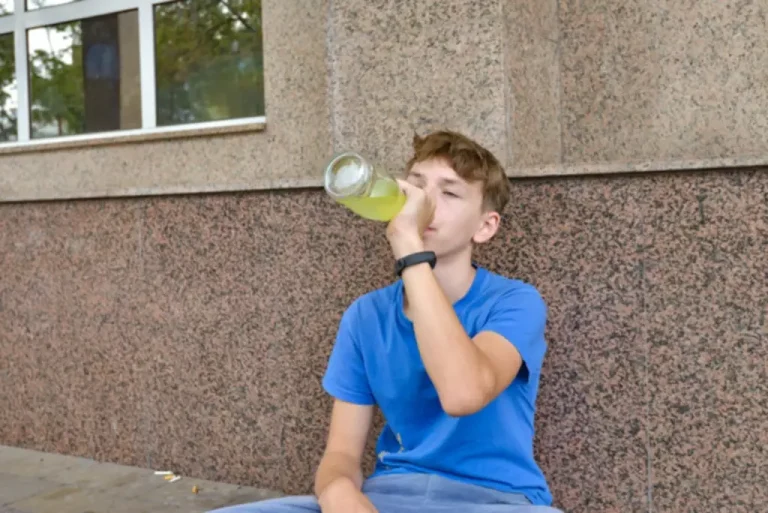- February 10, 2022
- Posted by: ranjeet
- Category: Sober living

The major caveat here is that people metabolize caffeine at different rates, so a post-dinner espresso affects different people differently. But despite this, even when researchers accounted for factors including age, gender, weight, mental health, and schedules, in a head-to-head alcohol vs. caffeine test, alcohol was still the bigger sleep disruptor. Alcohol is a muscle relaxant, so consuming alcohol at bedtime can make a person more prone to experience a blocked airway. People who typically snore or who have obstructive sleep apnea tend to display more severe snoring and lower blood oxygen levels after drinking alcohol, especially when they drink close to bedtime. People who regularly drink alcohol are 25% more likely to have obstructive sleep apnea, although the connection may be partly due to other shared risk factors such as obesity. Although consuming alcohol before bedtime helps you fall asleep faster, the popular beverage negatively affects overall sleep quality.
- Alcohol has other effects on your body that contribute to feeling tired and sluggish the following day.
- As your body metabolizes the alcohol and the sedative effects wear off, it can interfere with your circadian rhythm, and cause you to wake up frequently or before you’re properly rested.
- Meditation and mindfulness practices may have a variety of health benefits and may help people improve the quality of their lives.
- People who consistently drink too much alcohol may eventually build up a tolerance to its initial sedative effects.
- Your health and wellness is unique to you, and the products and services we review may not be right for your circumstances.
- But if you are more than a “one and done” drinker, or are worried that alcohol is affecting your well-being and health, it’s worth looking at how it is affecting you.
Drinking Alcohol Before Bed Is Ruining Your Sleep Quality, According to a Neuroscientist and a Neurologist
Without the right level of this hormone, your kidneys store less water and put more into your bladder for urination. The problem arises if you find yourself relying on alcohol to get you to sleep. Too many pints — or that extra glass of wine — can be the trigger for waking up bathed in sweat with your pillow soaking wet. It’s probably been ‘helping’ us to sleep since we discovered how to make it at least 9,000 years ago.
- The more alcohol a person drank, the higher that person’s heart rate was during sleep and this even occurred with small amounts of alcohol.
- We all know someone who feels merry following their first drink and we know others who appear unfazed by pint after pint.
- Individuals with sleep apnea often snore, gasp for air while asleep and wake frequently throughout the night.
- On top of that, you’re likely feeling less anxiety and are better able to regulate your emotions when life’s hiccups arise.
- The potential for insomnia treatment to influence alcohol-related consequences has significant implications for the prevention and treatment of problematic alcohol use among young adults.
- “Many people find that while it initially seems difficult to break the habit of using alcohol to induce sleep, they soon adjust and experience better sleep and energy overall,” she continues.
How Should I Change My Drinking Habits to Sleep Better?
The participants in the study drank about 0.5g of vodka per pound of body weight, and about two and a half hours after, their levels of melatonin were reduced by 19% when compared to those who didn’t drink alcohol. A 2007 study published in Chronobiology International even found that a moderate amount of alcohol consumed an hour before bedtime reduced melatonin production. It also covers what symptoms you might have if you don’t wait long enough between having your last drink and going to bed. If you want to be really careful, Dr. Willeumier recommends giving yourself a six-hour window before bed. “While alcohol is initially sedating, once it is metabolized it can lead to disrupted, poor quality of sleep later in the night,” she says, adding that even just one drink changes the basic structure of normal sleep. If you want to avoid any ill-side effects of alcohol—at least as it relates to your sleep—cut yourself off around three hours before bedtime.
Reduces REM Sleep
We often have a binary way of thinking about alcohol use – either you’re an alcoholic and your drinking is truly out of control, or there’s no problem at all. Most people who drink too much are not addicted and wouldn’t experience what we typically think of as withdrawal if they stopped. In fact, it’s likely no one around them is worried about their drinking at all. But from a mental health perspective, alcohol is still affecting them negatively. We have been researching the health effects of alcohol for a combined 60 years.
- This issue creates a vicious cycle that will never leave a person feeling well-rested.
- NCCIH and the National Institutes of Health (NIH) provide tools to help you understand the basics and terminology of scientific research so you can make well-informed decisions about your health.
- For children aged 4 to 17 years, data are available for 2017; in that year, 5.4 percent of U.S. children used meditation.
- You can use RISE to find out how much sleep debt you have and whether drinking alcohol increases it.
- Long-term alcohol use negatively affects REM cycles and decreases sleep quality.
How Does Alcohol Impact Sleep?
The diuretic effects of alcohol increase as your blood alcohol concentration rises, meaning the more you drink, the more you’ll wake up at night to pee. Alcohol’s diuretic effects can also contribute to dehydration, as your body expels fluids does alcohol help you sleep faster than you replace them. RISE can tell you when exactly you should stop drinking alcohol based on your circadian rhythm, or body clock, each day. We found RISE users with low sleep debt are most likely to use this habit reminder.
These people will likely find they have to drink more and more as time goes by to overcome the tolerance they have built up to alcohol’s sedative effects. This issue creates a vicious cycle that will never leave a person feeling well-rested. However, https://ecosoberhouse.com/ while alcohol may hasten the sandman, it can negatively impact sleep quality. For example, people who’ve had alcohol may experience more frequent periods of lighter sleep or being awake, especially during the second half of the night.

How Does Alcohol Affect Your Sleep?

Alcohol relaxes upper airway muscles, increasing the likelihood of the airways collapsing and more sleep apnea episodes, leading to more sleep disruptions. Beyond causing drowsiness and sleep disruptions, alcohol can have other adverse effects on your sleep quality. Alcohol significantly affects rapid eye movement (REM) sleep, a vital sleep stage for cognitive functions like memory consolidation, learning, and emotional regulation. Alcohol suppresses REM sleep, particularly during the first half of the night, reducing the amount of time you spend in this restorative sleep phase. Reduced REM sleep can leave you with brain fog and fatigue the following day. A 2023 study found people with sleep apnea had a higher risk of developing alcohol-related disorders.

